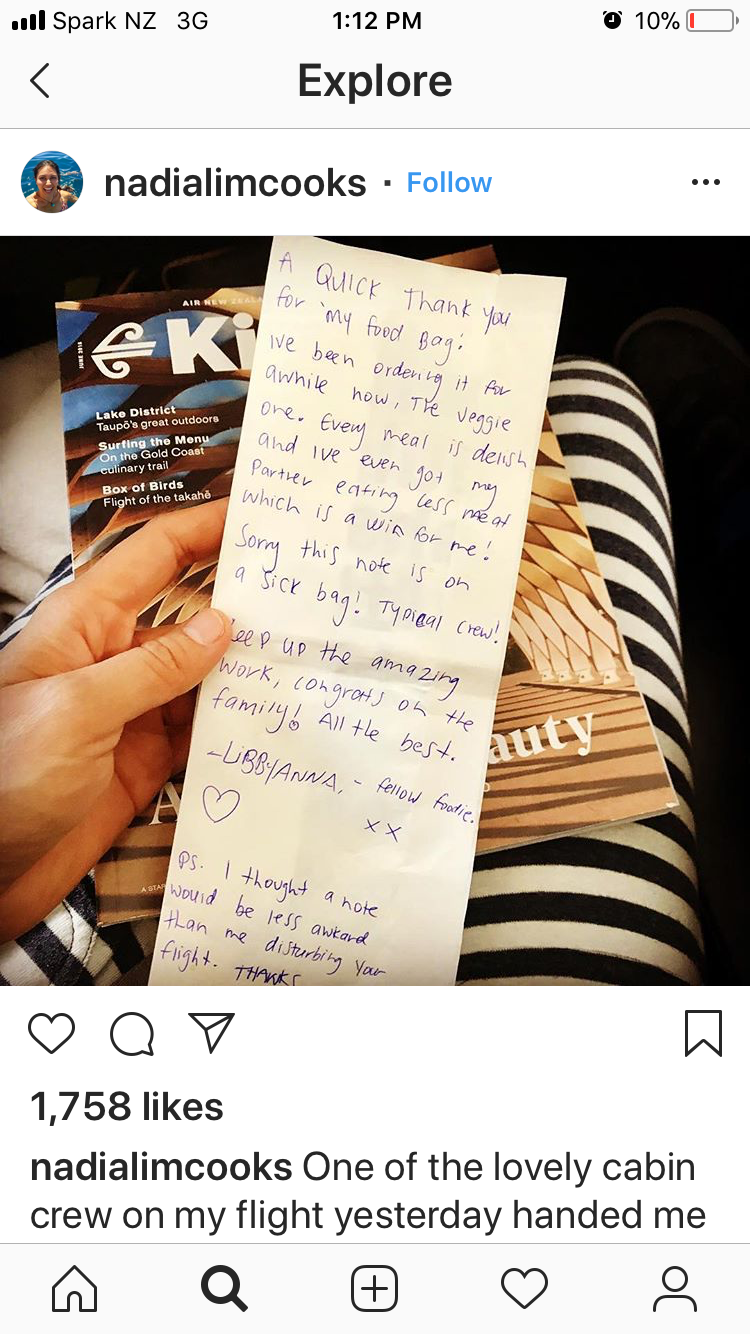School holidays hit New Zealand next week. For working parents everywhere, the weeks leading up to the school holidays tick along like a time bomb. You know it’s coming and you know it’s not going to be pretty. It’s definitely not going to be a holiday! Frantic dashes across town dropping children at different locations all before you turn on your laptop at 9am. Budgeting for holiday programmes that can range from $50 a day to $290 a day. The endless negotiations, debates and circular conversations on what your children do and do not want to do. Co-ordinating schedules, pick-ups and drop-offs with friends. Juggling your leave allowances even though it is never going to be enough for the 10 to 12 weeks a year where you need a solution for how your children will be cared for. It is exhausting. It is another thing on the heap in your mind that is the mental load that working parents carry.
It got me thinking. How might we reimagine the school holidays for a society that supported working parents? What would they look like? Would it still feel like a ticking time bomb every 10 weeks? What positive difference could it make to their and their family’s lives? Lets reimagine the role your employer could play and lets change the conversations happening at home about who takes the lead in solutioning for school holidays.
There are a few ways an employer could demonstrate that they support working parents. School holiday programmes could be provided on-site at your employer’s offices. You bring your children with you to work every day and they then go into an on-site programme. Easy and effortless. IAG in Australia already run something similar. This would be one of the biggest talent retention and acquisition tools you could have. If I had primary school aged children again and my employer provided this, I don’t think I would ever leave! Term Time Contracts are another innovative way of supporting working parents. These are employment contracts that only operate during term time during the year and your salary is pro-rated to account for this. These are becoming more common in the UK and it would be good to see them take off in NZ. The key thing here is to ensure that role outcomes are re-scoped so that they can be delivered in the reduced days available. But they can and they do work. They are another fabulous way of keeping working parents in the leadership pipeline.
Reimagining school holiday programmes is easy. They need to be better value, be in more convenient locations, and provide fun learning experiences. I don’t know about anyone else reading this, but I used to have to drag my children kicking and screaming to some week programmes. And I did feel guilty leaving them in a large, cold, gymnasium with a lunchbox and drink bottle. The cost associated can also be crippling as I have written about before. While reimagining these programmes is easy, fixing them is complicated. We do not value caregiving in our society and because of this, these roles are not well paid and the organisations not well funded. Rock and hard place.
As the time bomb ticks on, are you the only parent who is thinking about what the solution is? If you are co-parenting, this is a good time to start the conversation on who will take the lead in planning, researching, booking and the daily logistics for your children during the school holidays. Each one of those tasks are significant in themselves. Divide up who is going to take the lead on these tasks and own them from that time forward. The load of the school holidays needs to be equally shared between parents. Note for beginners: don’t under estimate how challenging it is to get agreement between a 7 year old, a 9 year old and an 11 year old on what school holiday programme they want to do. You might want to block out an afternoon for it.
One of the biggest barriers I often hear from parents who are either thinking of going back to paid work or who want to progress their career is that they cannot see how they can do it when they think about school holidays. The pain point of finding quality, affordable solutions for childcare for 10-12 weeks of the year is real. Until we do re-imagine school holidays, are we ever going to see real gains in gender equality at work?

